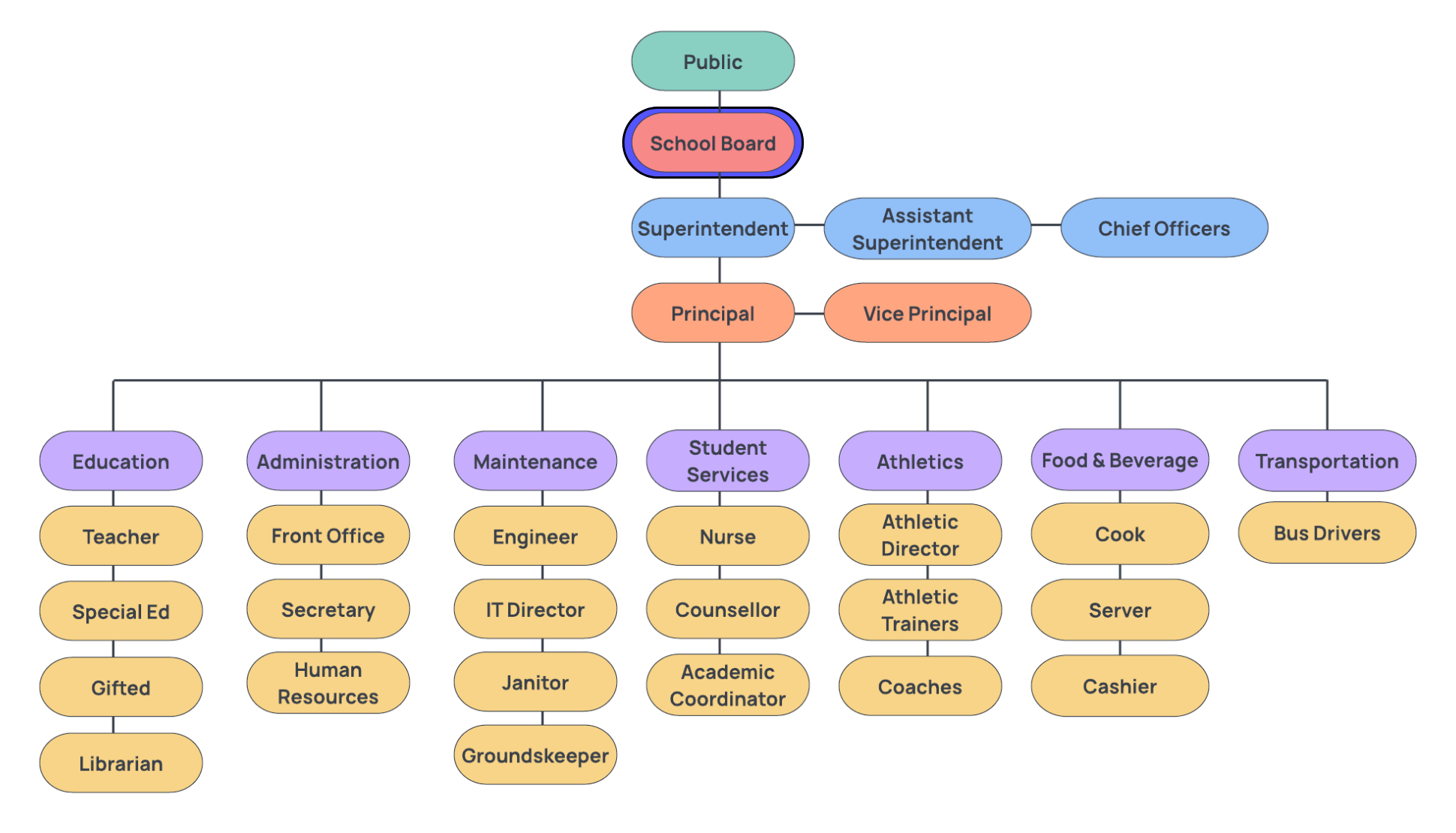
What is a school board?
The history of the school board system dates back to the 19th century when education reformers advocated for more local control over schools. Before then, state legislatures had full control over schools and often used them to promote religious or political agendas.
After the reformation, a school board was given the power to oversee the operation of a school district. The board is responsible for hiring a superintendent to run the district, and it also has the power to hire and fire teachers. A school board oversees budgeting and spending, curricula, and teacher benefits. They are tasked with setting goals and objectives for the schools in their district, as well as reviewing progress toward those goals.
How is a school board chosen?
School boards can be elected or appointed by an agency or governing body. Typically, a school board is elected by the public. Each school district has its own rules for how the school board is elected, but the basic process is generally the same. In most cases, a candidate for a school board must be a resident of the district in which they are running, be free from felony convictions, and not be a current employee of the district. In some districts, candidates must also hold a bachelor’s degree or higher. If these requirements are not met, they can sometimes be waived by an election official if there are not any other qualified candidates who meet these requirements. Candidates who wish to run for a seat must file paperwork with local election officials and pay a fee before campaigning begins.
Once campaigning begins, candidates can do things such as attend events, meet with voters in person or over the phone, write letters to newspapers or online publications, put up yard signs, and more depending on what kinds of resources are available where they live (or just what makes sense as far as reaching voters). Candidates might also choose to run ads on television or online media channels, as well as pay for advertising space in print publications like newspapers or magazines.

.svg)
.webp)
%201%20(1).webp)



.svg)
%201%20(2).webp)







